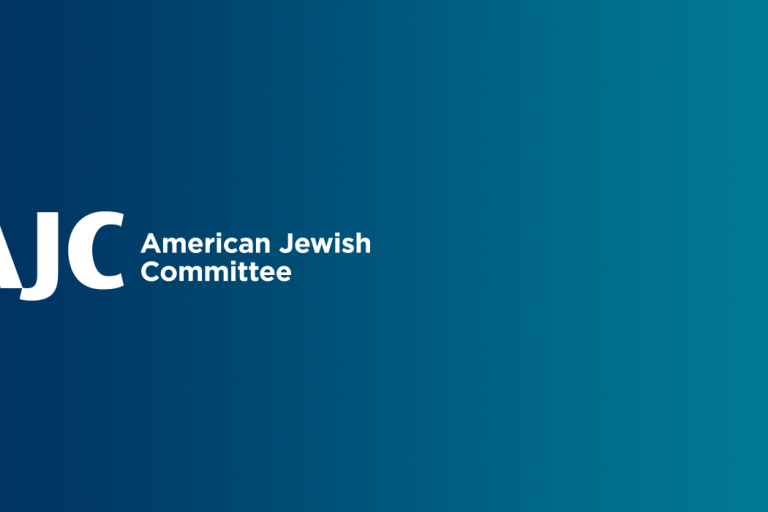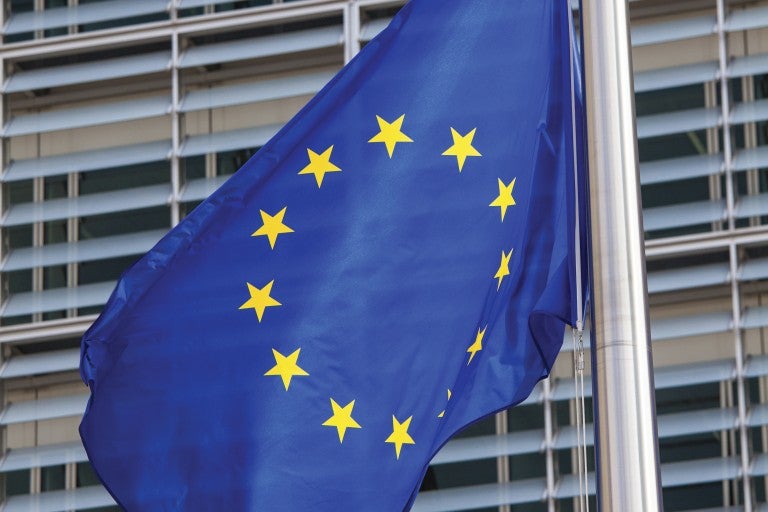August 6, 2020 — Miami, Florida
This piece originally appeared in the Sun Sentinel.
Strong, principled American leadership in global affairs is the best protection for our nation’s interests, the preservation and advancement of democratic values and human dignity, and the security of our closest allies. As we face the coronavirus pandemic and other national security challenges, such as international terrorism and the growing strength of anti-democratic forces, it is critical that the United States stays engaged globally.
Development and diplomacy programs are not perfect, but they have long proven to be cost-effective tools to tackle the root causes of conflict and extremism, build new markets for U.S. goods and services, respond to humanitarian crises, and demonstrate America’s proud tradition of goodwill and global leadership.
One way to commit to supporting these vital programs is for Congress to support a robust international affairs budget. Comprising a scant 1% of the federal budget, international affairs funds the majority of America’s civilian foreign policy programs and is a strategic investment to advance America’s interests around the world. The House of Representatives, in a mostly party-line vote, approved the State and Foreign Operations Appropriations bill on July 31. The measure is pending in the Senate.
Washington’s commitment to military superiority and strength has enforced American global leadership and must never be neglected. While the U.S. cannot be the world’s policeman, history has amply shown that when the U.S. withdraws — or is perceived to retreat — from the global stage, dangerous vacuums are created. Others — both state and non-state actors — seek to fill those vacuums, pursuing goals antithetical to our own. China is currently seizing on a perception of American retreat in global affairs.
But while strength is an essential ingredient of leadership, it is not a substitute for leadership itself. Today’s national security challenges require the U.S. to use a full range of non-military tools of statecraft to project leadership, vision, strength and a commitment to human rights that, in turn, help America’s ability to assert its interests and promote democratic values abroad.
First, during times of international crisis, such as the current pandemic, humanitarian assistance is necessary to further bolster the capacity of all nations to better combat the virus. If Washington invests in solving global problems early — like halting the spread of new infectious diseases before they reach the U.S., easing suffering and indignity that foster anger and violence, and supporting our allies — both lives and money will be saved.
Americans will not be safe until we confront the pandemic abroad as well as at home. U.S. leadership and investments worldwide are essential to protect the health, security and economic interests of all Americans. Global cooperation is urgently needed to combat the spread of COVID-19; treat the ill; and develop, manufacture and distribute a vaccine when available. The U.S. should lead the way on this collaboration.
Congress has a role to play in providing enough resources for America’s frontline personnel working to stop the spread of the virus globally. Those funds should be part of the emergency supplemental assistance package being negotiated in Congress. Simply, as long as this virus is spreading anywhere in the world, Americans are also vulnerable.
American global leadership is vital in continuing to defend the precious alliance of democracies that has sustained peace and generated prosperity from the Cold War to the present day. Material support for U.S. allies and strategic partners — especially those threatened by aggression from state and non-state actors — is also essential. Longstanding diplomatic relationships — with transatlantic allies, neighbors, trans-Pacific partners, moderate Arab states and stalwart allies like Israel — are key to any effort to address myriad global threats. Only together will we be able to stand against common dangers such as Iranian aggression, transnational terrorism and human rights abuses while pursue common opportunities.
As Congress works on the FY 2021 federal budget, amendments that could dramatically cut resources for the State Department and USAID must be averted. Republican and Democratic national security and foreign policy experts have long championed a strong international affairs budget as a key component of America’s security, prosperity and well-being. As Former Chairman of the Joint Chiefs of Staff Admiral Mike Mullen succinctly stated in a February 2020 letter to Congressional leaders, “this is a moment when more investment in diplomacy is needed, not less.”
U.S. global leadership is needed today more than ever. By supporting a robust international affairs budget, we will have more tools to be actively engaged in the world, protecting our interests and shaping the future.
Brian Siegal is Director of the American Jewish Committee (AJC) Miami region and AJC’s national liaison to the U.S. Global Leadership Coalition.



